Ronald Wilson Reagan (/ˈreɪɡən/ RAY-gən; February 6, 1911 – June 5, 2004) was an American politician and actor who served as the 40th president of the United States from 1981 to 1989. A member of the Republican Party, his presidency constituted the Reagan era, and he is considered one of the most prominent conservative figures in American history.
Reagan graduated from Eureka College in 1932 and began to work as a sports broadcaster in Iowa. In 1937, he moved to California, and became a well-known film actor there. From 1947 to 1952, Reagan served as the president of the Screen Actors Guild. During the 1950s, he worked in television and spoke for General Electric. From 1959 to 1960, he again served as the Screen Actors Guild's president. In 1964, "A Time for Choosing" gave Reagan attention as a new conservative figure. He was elected governor of California in 1966. During his governorship, he raised taxes, turned the state budget deficit into a surplus, and cracked down harshly on university protests. After challenging and losing to incumbent president Gerald Ford in the 1976 Republican presidential primaries, Reagan won the Republican nomination and then a landslide victory over incumbent Democratic president Jimmy Carter in the 1980 presidential election.
In his first term, Reagan implemented "Reaganomics", which involved economic deregulation and cuts in both taxes and government spending during a period of stagflation. He escalated an arms race and transitioned Cold War policy away from détente with the Soviet Union. Reagan also ordered the invasion of Grenada in 1983. Additionally, he survived an assassination attempt, fought public-sector labor unions, expanded the war on drugs, and was slow to respond to the AIDS epidemic in the United States, which began early in his presidency. In the 1984 presidential election, he defeated former vice president Walter Mondale in another landslide victory. Foreign affairs dominated Reagan's second term, including the 1986 bombing of Libya, the Iran–Iraq War, the secret and illegal sale of arms to Iran to fund the Contras, and a more conciliatory approach in talks with Soviet leader Mikhail Gorbachev that culminated in the Intermediate-Range Nuclear Forces Treaty.
Reagan left the presidency in 1989 with the American economy having seen a significant reduction of inflation, the unemployment rate having fallen, and the United States having entered its then-longest peacetime expansion. At the same time, the national debt had nearly tripled since 1981 as a result of his cuts in taxes and increased military spending, despite cuts to domestic discretionary spending. Reagan's policies also helped contribute to the end of the Cold War and the end of Soviet communism. Alzheimer's disease hindered Reagan post-presidency, and his physical and mental capacities rapidly deteriorated, ultimately leading to his death in 2004. Historians and scholars have typically ranked him among the upper to middle tier of American presidents, and his post-presidential approval ratings by the general public are usually high.
Early life
Ronald Wilson Reagan was born on February 6, 1911, in a commercial building in Tampico, Illinois, as the younger son of Nelle Clyde Wilson and Jack Reagan. Nelle was committed to the Disciples of Christ, which believed in the Social Gospel. She led prayer meetings and ran mid-week prayers at her church when the pastor was out of town. Reagan credited her spiritual influence and he became a Christian. According to American political figure Stephen Vaughn, Reagan's values came from his pastor, and the First Christian Church's religious, economic and social positions "coincided with the words, if not the beliefs of the latter-day Reagan". Jack focused on making money to take care of the family, but this was complicated by his alcoholism. Neil Reagan was Reagan's older brother. Together, they lived in Chicago, Galesburg, and Monmouth before returning to Tampico. In 1920, they settled in Dixon, Illinois, living in a house near the H. C. Pitney Variety Store Building.
Reagan attended Dixon High School, where he developed interests in drama and football. His first job involved working as a lifeguard at the Rock River in Lowell Park. In 1928, Reagan began attending Eureka College at Nelle's approval on religious grounds. He was a mediocre student that participated in sports, drama, and campus politics. He became student body president and joined a student strike that resulted in the college president's resignation. Reagan was initiated as a member of Tau Kappa Epsilon Fraternity and served as president of the local chapter. Reagan played at the guard position for the 1930 and 1931 Eureka Red Devils football teams and recalled a time when two black football teammates were refused service at a segregated hotel; he invited them to his parents' home nearby in Dixon and his parents welcomed them. At the time, his parents' stance on racial questions were unusually progressive in Dixon. Reagan himself had grown up with very few black Americans there and was unaware of a race problem.
Marriages and children
In January 1940 Reagan married Jane Wyman, his co-star in the 1938 film Brother Rat. Together, they had two biological daughters: Maureen in 1941, and Christine in 1947 (born prematurely and died the following day). They adopted one son, Michael, in 1945. Wyman filed to divorce Reagan in June 1948. She was uninterested in politics, and occasionally recriminated, reconciled and separated with him. Although Reagan was unprepared, the divorce was finalized in July 1949. Reagan would also remain close to his children. Later that year, Reagan met Nancy Davis after she contacted him in his capacity as the SAG president about her name appearing on a communist blacklist in Hollywood; she had been mistaken for another Nancy Davis. They married in March 1952, and had two children, Patti in October 1952, and Ron in May 1958.
Death and funeral
Reagan died of pneumonia, complicated by Alzheimer's, at his home in Los Angeles, on June 5, 2004. President George W. Bush called Reagan's death "a sad hour in the life of America". His public funeral was held in the Washington National Cathedral, where eulogies were given by Margaret Thatcher, Brian Mulroney, George H. W. Bush, and George W. Bush. Other world leaders attended including Mikhail Gorbachev and Lech Wałęsa. Reagan was interred at his presidential library.
If you want to read a lot more, go here: https://en.wikipedia.org/wiki/Ronald_Reagan
- SERVES
- 4
- COOK TIME
- 1 Hr 5 Min
If you're looking for the sweet and sour sauce they serve in Chinese restaurants, no need to buy bottled when our freshly made version tastes a million times better. We bet you'll agree our Sweet and Sour Pork Chops are amazing!
- 1 (20-ounce) can pineapple chunks, drained, with liquid reserved
- 1 1/4 cup ketchup
- 1 tablespoon firmly packed brown sugar
- 1 tablespoon cider vinegar
- 3 carrots, sliced into 1/4-inch rounds
- 1/2 green bell pepper, cut into chunks
- 2 tablespoons vegetable oil
- 4 to 6 pork loin chops, 1 inch thick
- Preheat oven to 350º.
- In a large saucepan, combine reserved pineapple juice, ketchup, brown sugar, and vinegar; cook 5 minutes, until hot. Add pineapple chunks, carrots, and green pepper; remove from heat.
- In a large skillet, heat oil; add chops and brown.
- In a shallow baking dish, arrange chops; spread pineapple-vegetable mixture over top. Cover with aluminum foil and bake 25-35 minutes, until chops are done and vegetables are crisp-tender.
***For that extra authentic feel, serve this one up over white rice!






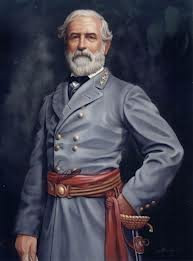
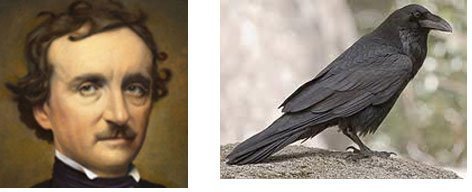
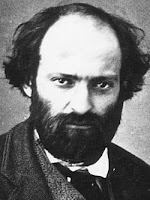
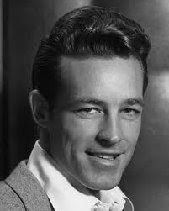
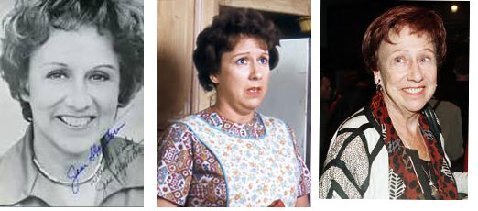
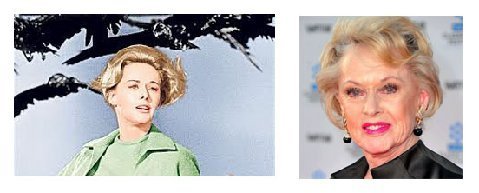
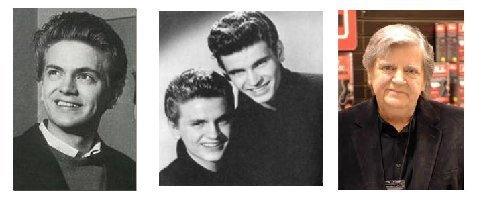
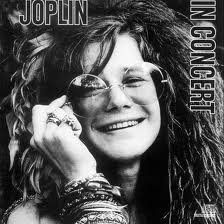
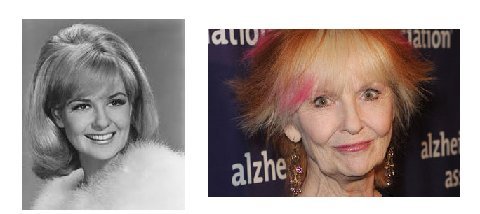
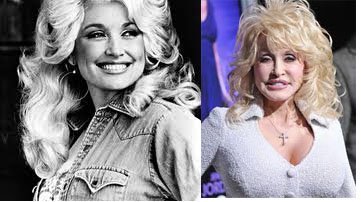


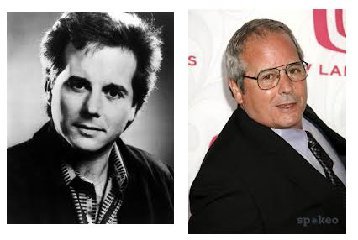


1 comment:
Thank you for posting about Ronald Reagan today. I wish today’s leadership paid more respect to his leadership persona.
Reagan was firm. Yet. Even in the worst of circumstance, he exuded grace.
Happy Popcorn Day!
Post a Comment